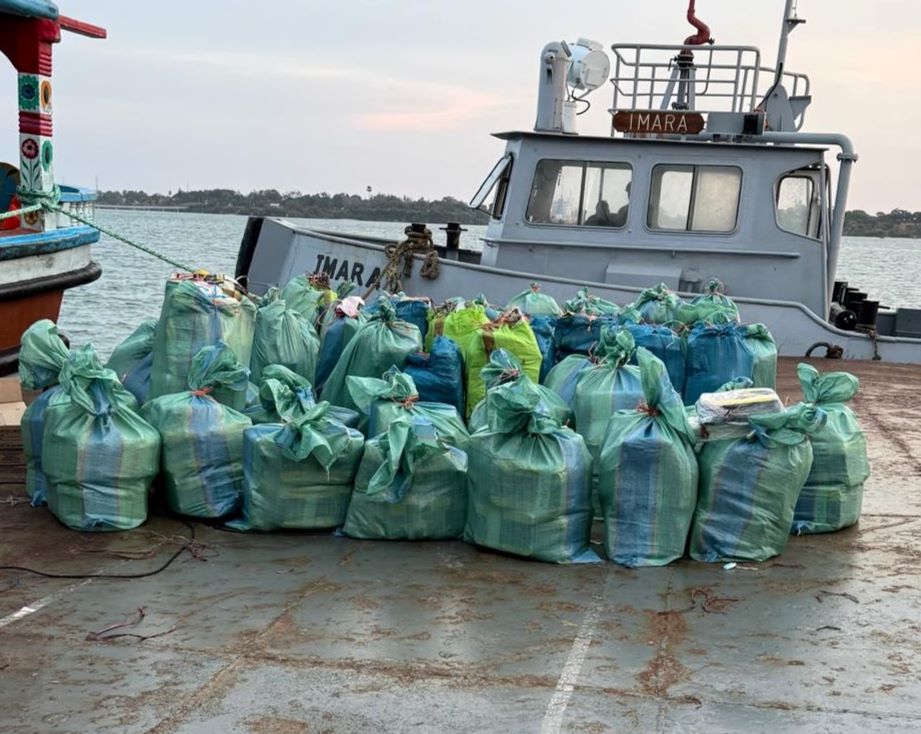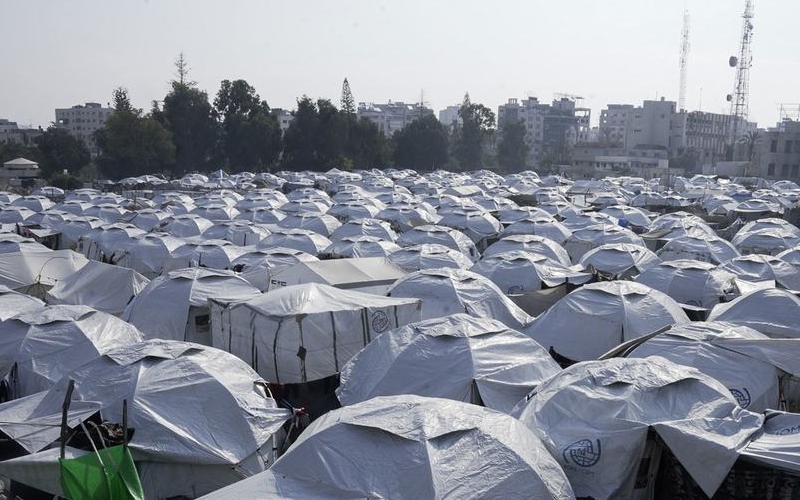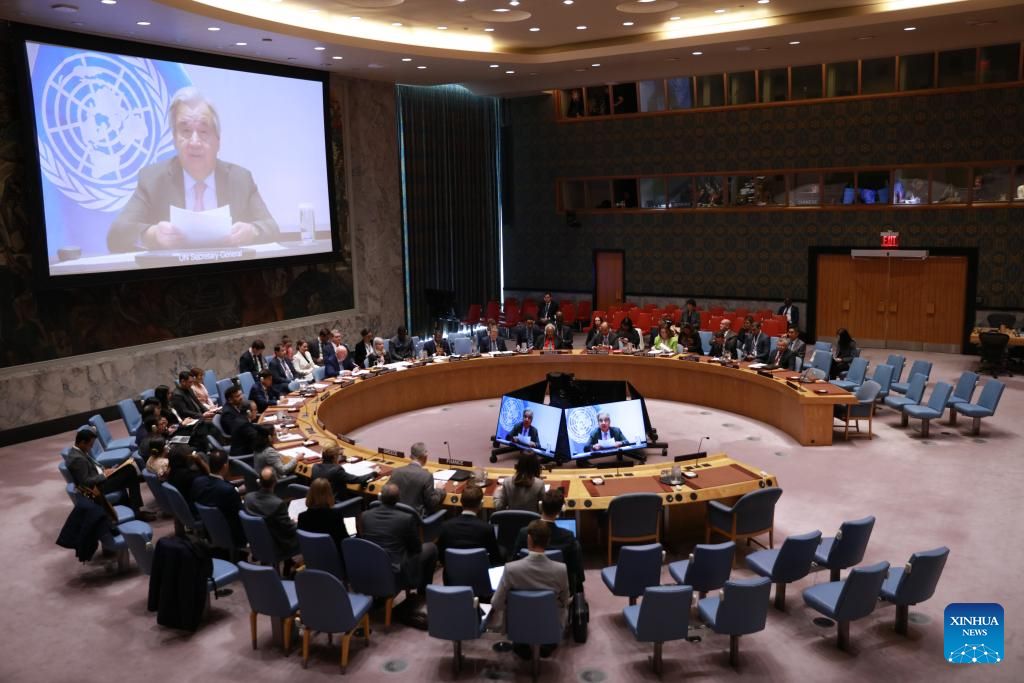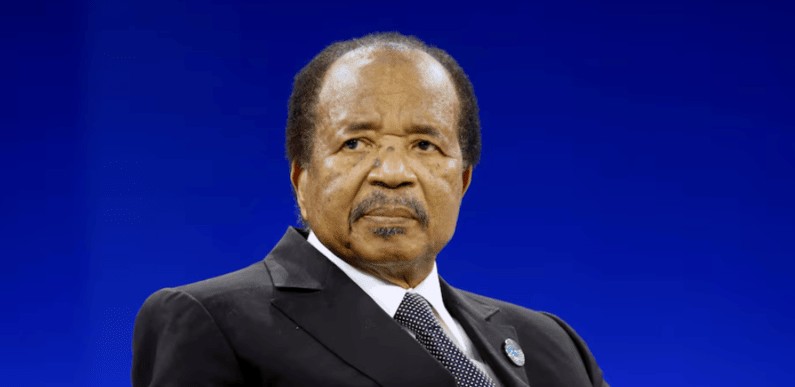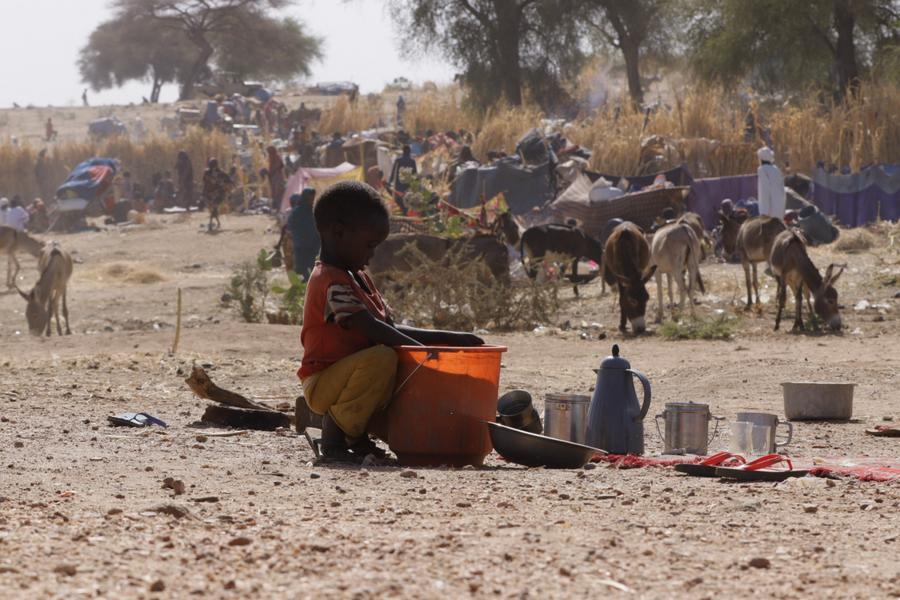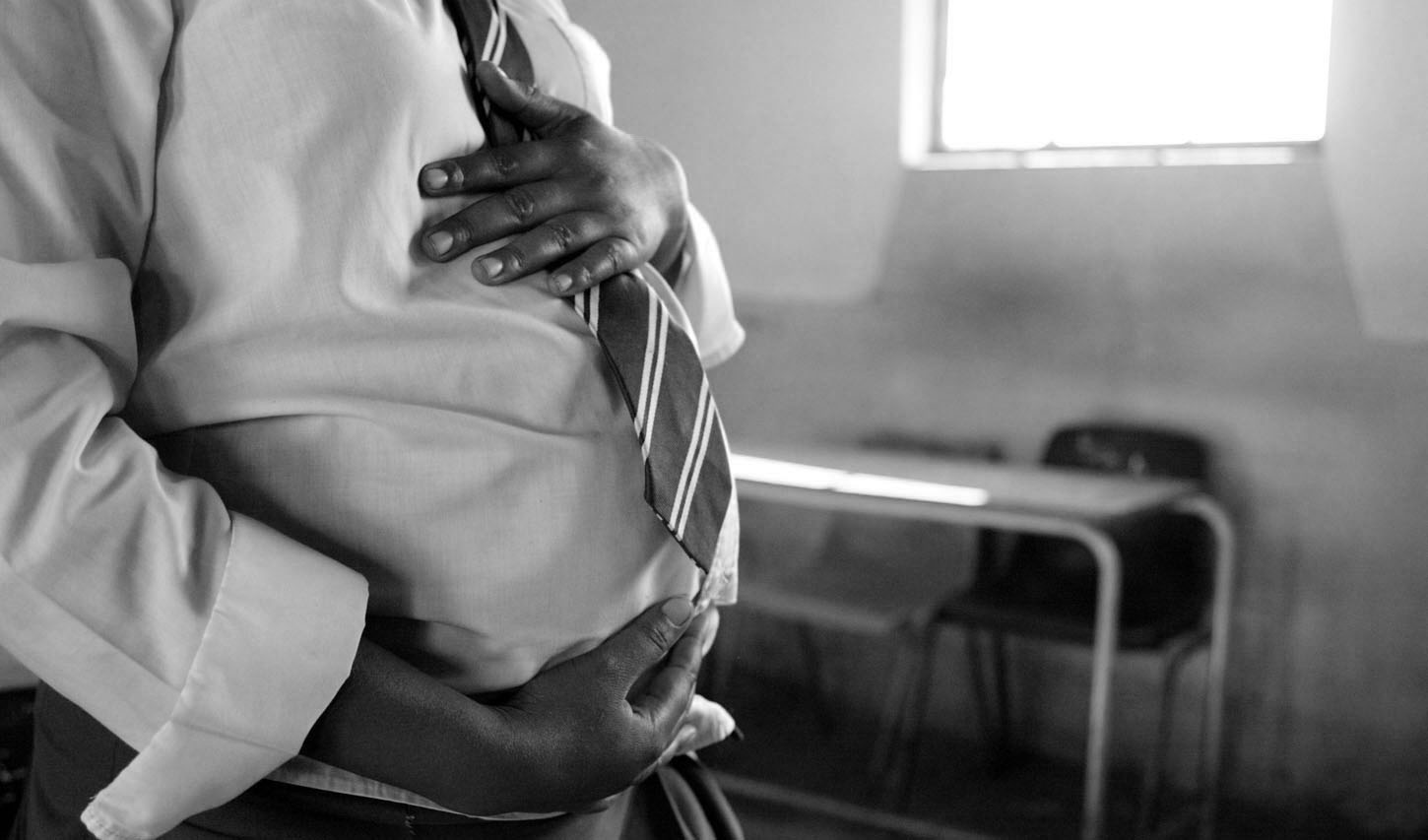How a rising dollar could hurt African economies

Donald Trump's second-term policies could push the US dollar higher, igniting inflation and debt costs in developing nations. Several African states are already in debt distress. Could Washington tip them over the edge?
Donald Trump has vowed to raise US import tariffs and introduce a raft of new tax cuts when he returns to the White House for a second term on January 20. The plans, along with falling US interest rates, are expected to fuel a further rise in the US dollar, which surged to a one-year high when Trump was reelected.
The dollar's rise will have far-reaching consequences for the rest of the world, stoking producer import costs and fueling inflation. It will also make debt servicing among many low-income countries much harder, especially dollar-denominated loans payable from weaker local currencies.
More To Read
- IMF questions Kenya’s exchange rate policy amid new funding negotiations
- Businesses project job growth, stronger sales as festive season draws near
- Top 10 largest African economies in 2025 by Gross Domestic Product (GDP)
- Why farmers are not taking up loans for scaling up- experts
- IMF revises Kenya’s 2025 growth forecast upward to 4.8 per cent
- Kenya’s foreign exchange reserves hit all time high on new Eurobond
One continent where the effects of a stronger dollar are expected to be felt most harshly is Africa, where nine countries are already in debt distress and 10 others are at "high risk" of insolvency, according to the World Bank.
"Over 50% of low and middle-income countries' sovereign debt is denominated in foreign currencies, mostly the dollar," Karim Karaki, head of the economic recovery and transformation team at the European Center for Development Policy Management (ECDPM) think tank, told DW.
"With a rising dollar, the cost of servicing the debt increases. That means more government spending on debt servicing and less in productive investments serving their industrialization and development objectives," he added.
Indebted nations' woes could get worse
David Omojomolo, an Africa-focused emerging market economist at the London-based Capital Economics, warned in a research report this week that Trump's threat of additional tariffs on goods imported into the United States was a "clear worry," as the rising dollar would "make it even harder [for some African countries] to regain access to global capital markets."
Several African governments, including Kenya, Zambia, Ghana and Ethiopia, are currently blocked from raising capital on the world's financial markets due to their heavy indebtedness.
"We are most worried about Angola and Kenya," Omojomlolo wrote, noting how the Angolan government had recently warned it was struggling to service its debt while funding day-to-day spending, while Kenya's government was forced by mass protests in June to U-turn on tax hikes to cut the national debt. Nairobi has since pledged to borrow more to offset some of the pain of austerity.
"If borrowing from international capital markets becomes more difficult, many in the region will remain reliant on financing from the likes of the International Monetary Fund and World Bank to avert sovereign default," Omojomlolo warned.
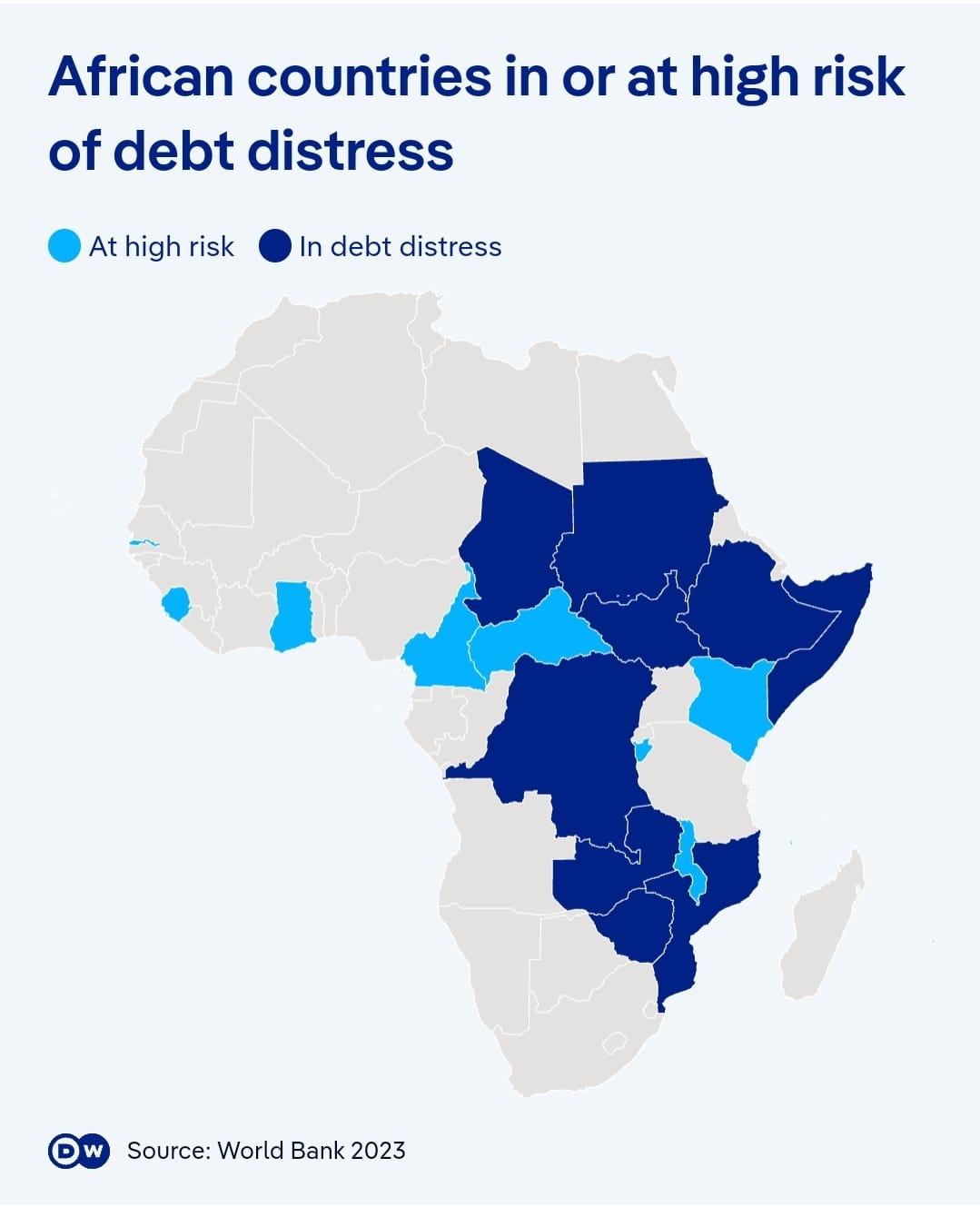
9 African countries in debt distress
Ethiopia, the Republic of Congo, Mozambique, Somalia, Sudan, South Sudan, Zimbabwe and Chad were classed by the World Bank last year as being in debt distress. That list also includes Zambia, which defaulted on around $12 billion (€11.4 billion) of debt in 2020 at the height of the COVID-19 pandemic. Zambia is now undergoing debt restructuring with international and private creditors, including China and France.
The US currency may be seen as a safe haven from the many geopolitical crises facing the world, but the dollar's recent rise has already stymied efforts by countries like Zambia to tackle poverty, overcome health crises and invest in infrastructure, as state budgets have been diverted to meet higher debt obligations.
"When the dollar appreciated over the last two, three years, you had countries spending more on servicing their debt than on health or education," Karaki said. "Beyond the impact on social sectors, that undermines a country's ability to invest and support its own private sector and economic transformation, which also has a huge impact on job creation."
Other Topics To Read
 The IMF warned recently that poorer countries are spending twice as much on external debt repayments than a decade ago. (Reuters)
The IMF warned recently that poorer countries are spending twice as much on external debt repayments than a decade ago. (Reuters)
Already high inflation could worsen
Africa, as a major producer of important commodities like oil, gold and copper — which are priced in dollars — could be hit hard as the US currency continues to strengthen. Although they would initially benefit from rising prices, these commodities would become more expensive in other currencies, which would then reduce global demand and push prices lower.
Falling exports could hurt oil-producing Nigeria, South Africa's gold and platinum trade and Zambia's main copper mines. These countries rely heavily on commodity exports for foreign exchange earnings that boost national budgets.
A new burst of inflation, caused by the rising dollar, would also come on top of already high inflation in many African countries that often surpasses 20% — and is sometimes much higher.
South Sudan reported a 107% inflation rate in July, while Zimbabwe, which has experienced two bouts of hyperinflation since the turn of the century, is still battling stubbornly high price rises of over 50% a year. Nigeria — Africa's largest economy — saw inflation hit an annual average of 32.7% in September, just as the country's debt burden surpassed $100 billion.
IMF warns over inflation, indebtedness
In its most recent outlook for sub-Saharan Africa, the International Monetary Fund warned earlier this month that "in much of the region, the fight to stabilize prices is not over, public finances are not yet on a solid footing, and foreign exchange reserve buffers are often insufficient."
Abebe Aemro Selassie, director of the IMF's African department, said while public debt has stabilized in much of Africa, it remains at a "high level" and "rising debt service burdens [are] crowding out resources for development spending."
Debt restructuring slow, cumbersome
There are now calls to reform the way that debt restructuring is undertaken, with some advocating for a permanent global mechanism to address sovereign debt issues and the inclusion of private creditors in negotiations.
At present, debt crises are handled on a country-by-country basis, which is often slow and overly complex. Zambia and Ethiopia recently complained after being put through a prolonged period of debt distress. In Zambia's case, United Nations experts warned that the delays to refinancing had hurt the country's ability to meet its human rights obligations.
Debt restructuring reform needs to overcome the many conflicting interests among creditors. Some states, like China and the US, prefer bilateral agreements so they can tailor the restructuring terms to their strategic interests.
"We urgently need to have much better tools to deal with debt restructuring," ECDPM's Karaki told DW. "A lot of countries are suffering and there is a cost of doing nothing; not only for those developing economies, but also for for Europe, the US and the rest of the world."
Top Stories Today
